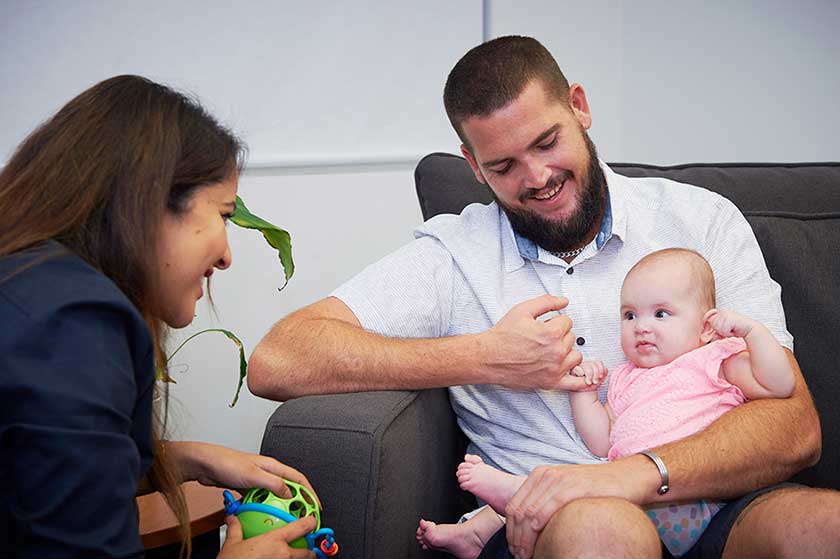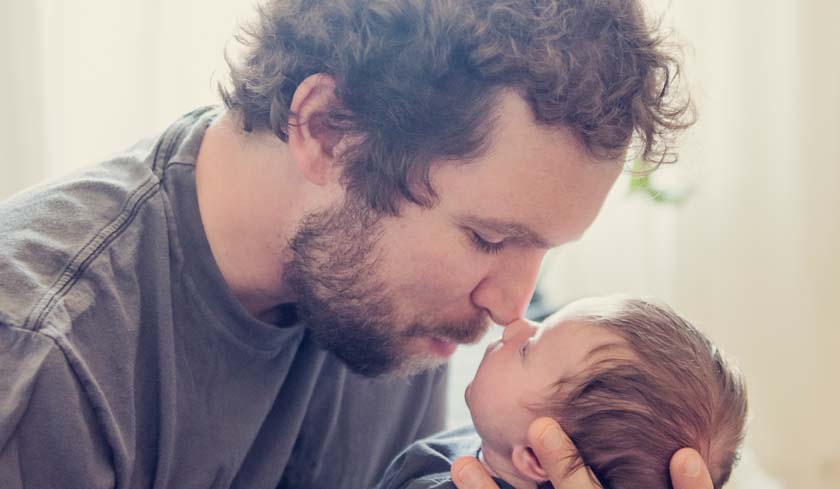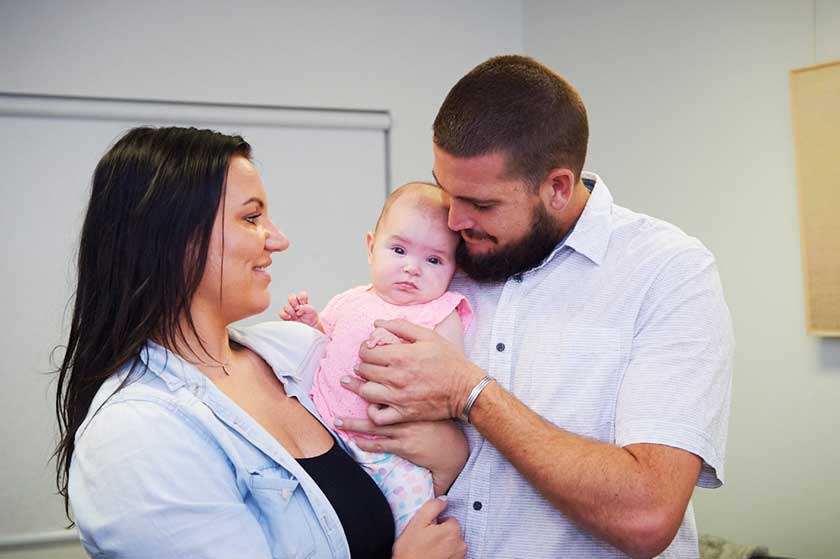Starting or growing a family is an exciting time but it can also be a stressful time.
The challenges and responsibilities associated with pregnancy and welcoming a new baby into the home can lead to a drop in overall emotional wellbeing for not only mums but dads as well.
Psychiatrist Dr Harish Kalra says it is important for dads to be aware of the risk factors which could make them or their partner more likely to experience changes to their emotional health or experience perinatal anxiety or depression.
Men from all walks of life and cultures can experience anxiety or depression, even those who are generally confident and assured.
Knowing the risk factors for both women and men is important because early treatment is one of the most effective tools we have to help parents manage perinatal depression or anxiety.
Risk factors
- Previous history of depression, bipolar disorder or psychosis
- Childhood experience - Having self-critical thought patterns, which are often developed during childhood may lead to feelings of inadequacy which can lead to changes to your emotional wellbeing during this time.
- Stressful life events - Preparing to welcome a baby into the home is a stressful period in itself, when another stressful event happens at a similar time it may affect your emotional wellbeing.
- Past and chronic stress - Evidence suggests growing up in an abusive family or exposure to abuse can lead to lower self-esteem and make you more vulnerable to developing depression.
- Insufficient family or social support - Practical help and emotional support from family members and friends is hugely important during this time, without this extra support your emotional wellbeing can take a hit.
- Pregnancy loss
- A restless, difficult to settle or unwell baby- Everyone in the family is affected when a baby does not settle well into sleeping and feeding routines and this extra stress and associated fatigue can make you particularly at risk of depression or anxiety.
- Personality types - If you tend to be someone who worries at lot, tends to be a perfectionist and self-critical or if you have low self-esteem these traits can be make it harder for you to adjust to the demands of parenthood.
Knowing your risk factors and being aware of the increased demands of parenthood means that you can take action as soon as possible should you or your partner develop signs and symptoms of perinatal mental health issues.
You can then speak to your GP and find the right support to help you manage it and enjoy parenthood once again.










